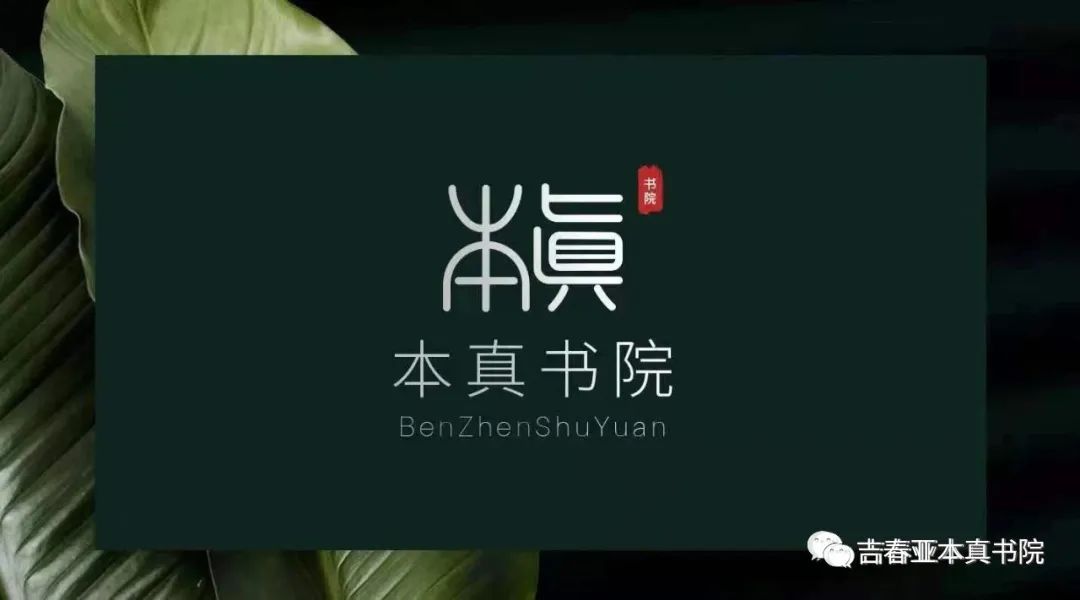
In previous issues, we discussed issues related to Yang deficiency constitution. Today, we will talk about Yin deficiency constitution.
Yin Deficiency Constitution

Yin deficiency constitution refers to the condition where the body’s internal fluids, essence, and blood are deficient due to dysfunction of the organs. When the body’s Yin energy is insufficient, its ability to nourish and restrain Yang heat diminishes, leading to an excess of dryness, heat, and excessive transformation of Qi. Common manifestations include emaciation, flushed cheeks, hot palms and soles, night sweats, irritability, dry mouth, dry and brittle hair and skin, a dry red tongue with little coating, or even a smooth tongue without coating. Individuals may suffer from fatigue, loss of essence, insomnia, and are more tolerant of winter but less tolerant of summer, heat, and dryness, which are manifestations of internal heat due to Yin deficiency. The causes of Yin deficiency constitution can be explained from both congenital and acquired perspectives:

1. Congenital Insufficiency

During pregnancy, if the mother has insufficient Yin blood, the fetus may also lack Yin fluids. Factors such as advanced maternal age or premature birth are considered congenital factors.



2. Menopausal Factors in Women

Women experience unique physiological changes throughout their lives, including menstruation, pregnancy, childbirth, lactation, and menopause. “Jin and blood share the same source” (Zhang Zhongjing, “Shang Han Za Bing Lun”). Blood loss during menstruation and lactation contributes to Yin blood deficiency. If this deficiency is not replenished in a timely manner, symptoms such as dry mouth and irritability may arise. These symptoms indicate both blood deficiency and Yin deficiency. During menopause, the cessation of menstruation signifies the depletion of Yin blood, making Yin deficiency most common in menopausal women.

3. Excessive Sexual Activity in Men

Men’s life experiences are not as “rich” as those of women, making Yin deficiency constitution relatively rare in men. However, men who engage in excessive sexual activity may easily suffer from Kidney Yin deficiency due to over-exhaustion of essence, leading to symptoms such as thirst, irritability, lower back pain, and excessive sweating.

4. Improper Diet

Long-term consumption of spicy, stimulating, and fried foods can be detrimental as these foods are often drying in nature and can deplete Yin essence, exacerbating and promoting the development of Yin deficiency constitution.


5. Diseases

Some chronic diseases, such as long-term heart dysfunction or patients with hypertension who take diuretics for extended periods, can also lead to Yin deficiency constitution. Prolonged fever can also result in Yin deficiency after the fever subsides. Continuous sweating during fever can easily deplete the body’s Yin fluids. Long-term emotional repression can lead to internal heat, which can consume Yin fluids, resulting in Yin deficiency.

Additionally, external factors such as strong ultraviolet radiation and seasonal changes can also contribute to the development of Yin deficiency and promote the formation of Yin deficiency constitution.
This article was provided by Mr. Li Dongze, the 28th generation heir of Wancao Tang.
Scan the QR code to follow us
See more exciting content

● Traditional Chinese Medicine – Weight Loss Tea for Yang Deficiency Obesity
● Traditional Chinese Medicine – Dietary Recipes for Yang Deficiency Constitution
● Traditional Chinese Medicine – Foods to Warm Yang for Yang Deficiency Constitution

